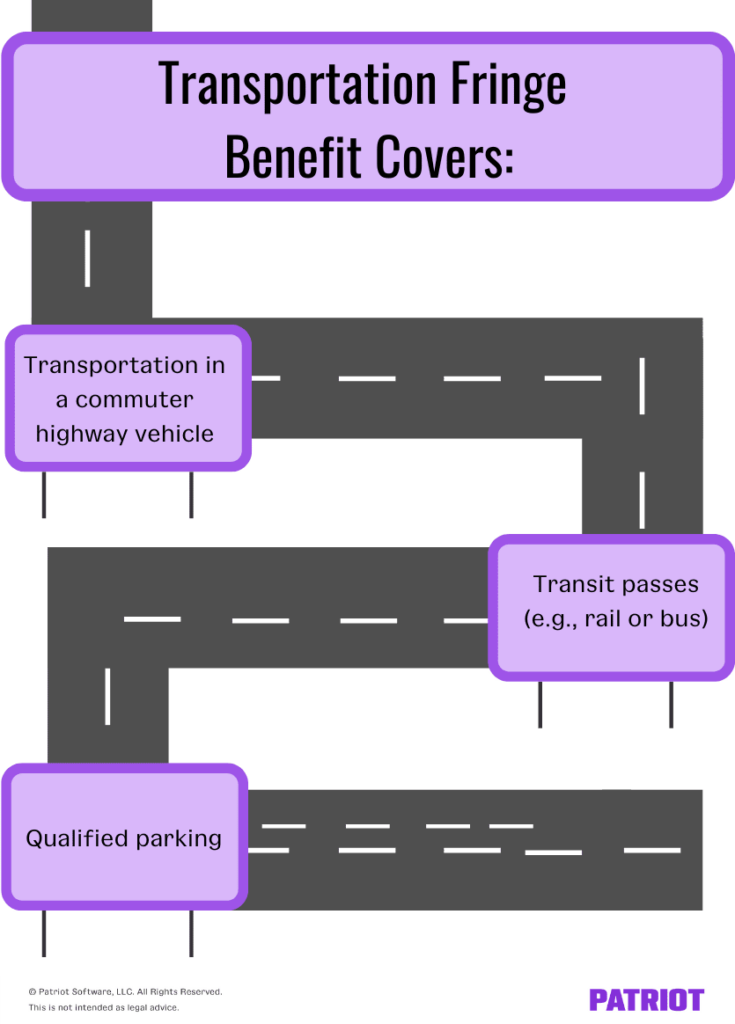If you’re an employer, chances are at least one of your employees has to commute to get to your business for work. And if your business is smack dab in the middle of a big city (e.g., New York City), those chances increase.
According to one source, 76% of individuals drive themselves to work every day. And, only 9% of people carpool with another individual.
With so many people commuting to work, more states are starting to consider compensating employees for certain transportation-related expenses. New Jersey is the first state to require employers to offer pre-tax transportation benefits to employees.
Read on to learn about NJ transit benefits, including whether you’re responsible for offering transportation benefits and when employees can begin receiving fringe benefits.
New Jersey pre-tax transportation benefits
On March 1, 2019, New Jersey’s governor signed a law requiring NJ employers to offer commuter transportation benefits to eligible employees. This law is most commonly referred to as the New Jersey Transit Benefits Law.
NJ Transit Benefits Law reduces the financial burden of fares and parking costs for commuting employees.
Typically, a transportation fringe benefit covers things like:
- Transportation in a commuter highway vehicle for travel between the employee’s residence and place of employment
- Transit passes (e.g., rail or bus passes)
- Qualified parking
There are similar pre-tax transit benefit programs in place in other cities, such as:
- New York City
- Washington D.C.
- San Francisco
- San Francisco Bay Area
- Seattle
If you’re a New Jersey employer, you can’t ignore the new pre-tax transportation benefits law. To make things less confusing, check out some common questions and answers below about the regulation.

Who is subject to the law?
New Jersey employers with at least 20 employees must offer a pre-tax transportation fringe benefit option to employees.
Employers with fewer than 20 employees (including union employees) are not required to offer benefits at this time.
Who is exempt from the NJ pre-tax transportation law?
Employees who are subject to a collective bargaining agreement are not eligible for the NJ transit benefits.
Also, the law won’t apply to federal government employees. However, nonprofits—as well as state or local government employers—are not exempt from offering the NJ commuter tax benefit.
How much can employees receive in transit fringe benefits?
In 2022, the maximum monthly amount for the pre-tax transit benefit is $280/month for commuter highway vehicle benefits and transit passes (combined). Employees can use up to $3,360/year towards their commute.
What are the penalties for employers who don’t comply?
Any New Jersey employer who fails to offer transit benefits will be subject to a penalty of at least $100 for the first violation. The maximum penalty for an employer’s first violation is $250.
Employers have 90 days to offer the transit fringe benefits before the penalty is imposed. And, employers who fail to offer benefits after 90 days are subject to additional penalties.
Employers can receive a $250 penalty for each additional 30-day period that they do not comply.
For more information about New Jersey’s pre-tax transportation fringe benefits, consult the state.
Looking for an easy way to track the benefits your business offers? Patriot’s payroll software will calculate deductions on your behalf and makes payroll a breeze. Get started with a free trial today!
This article has been updated from its original publication date of November 13, 2019.
This is not intended as legal advice; for more information, please click here.


